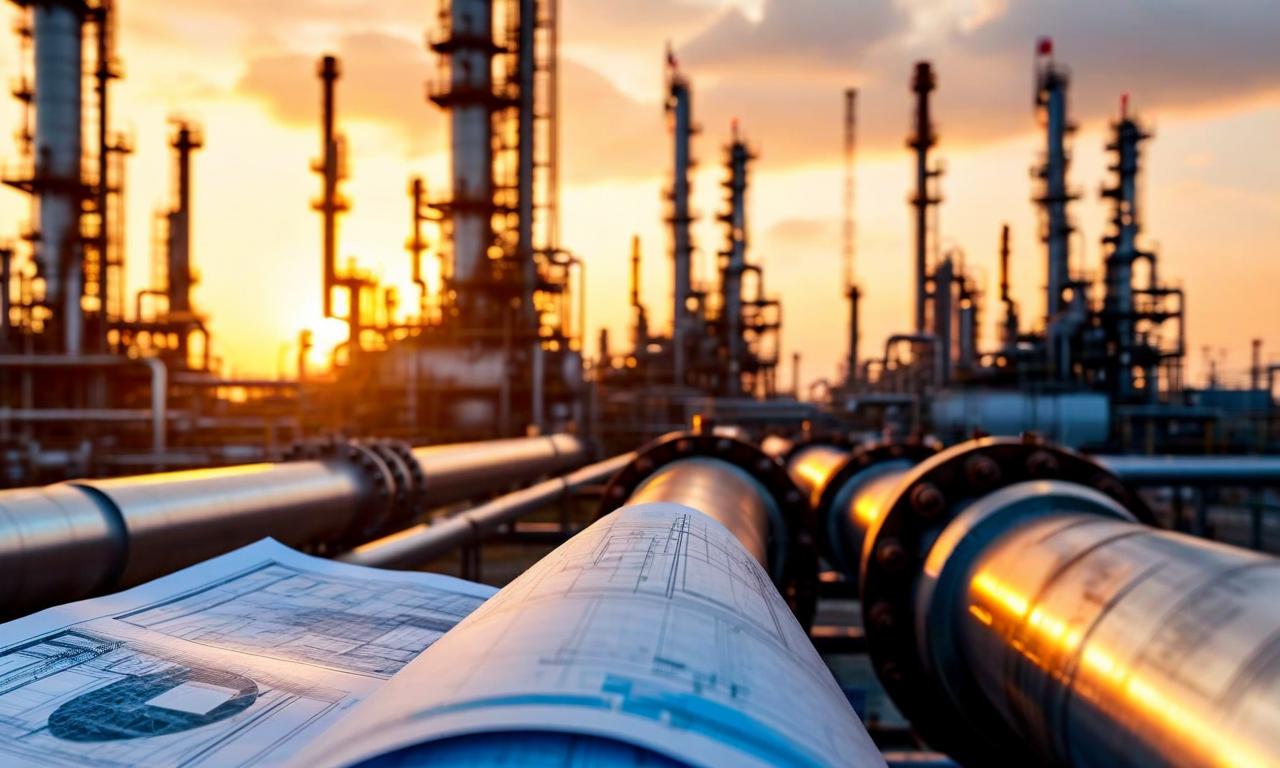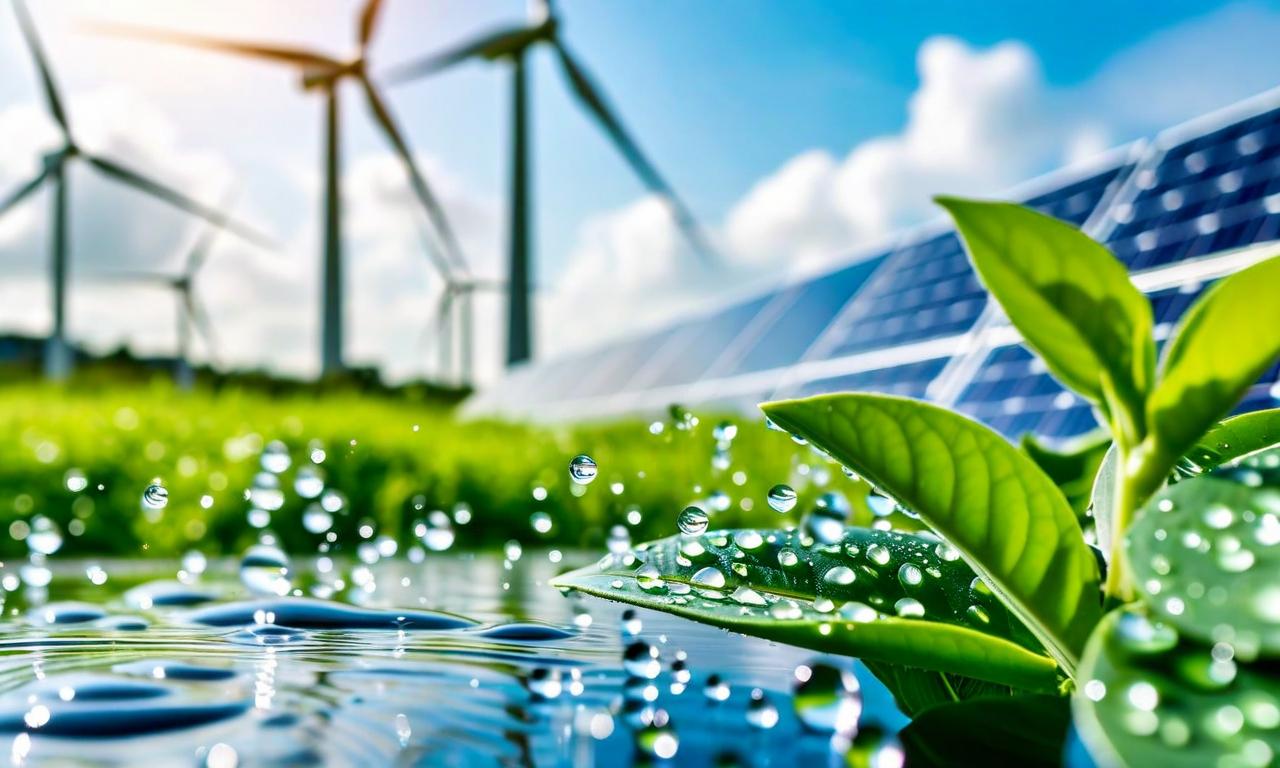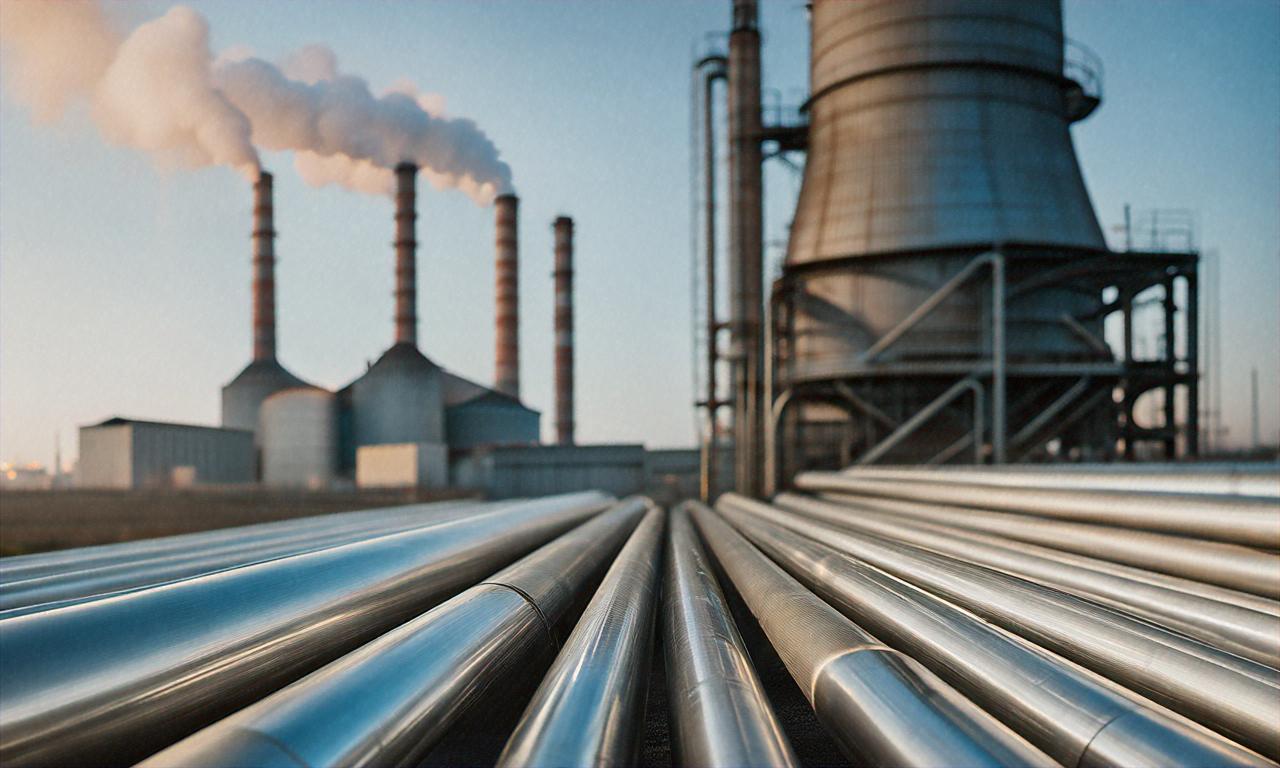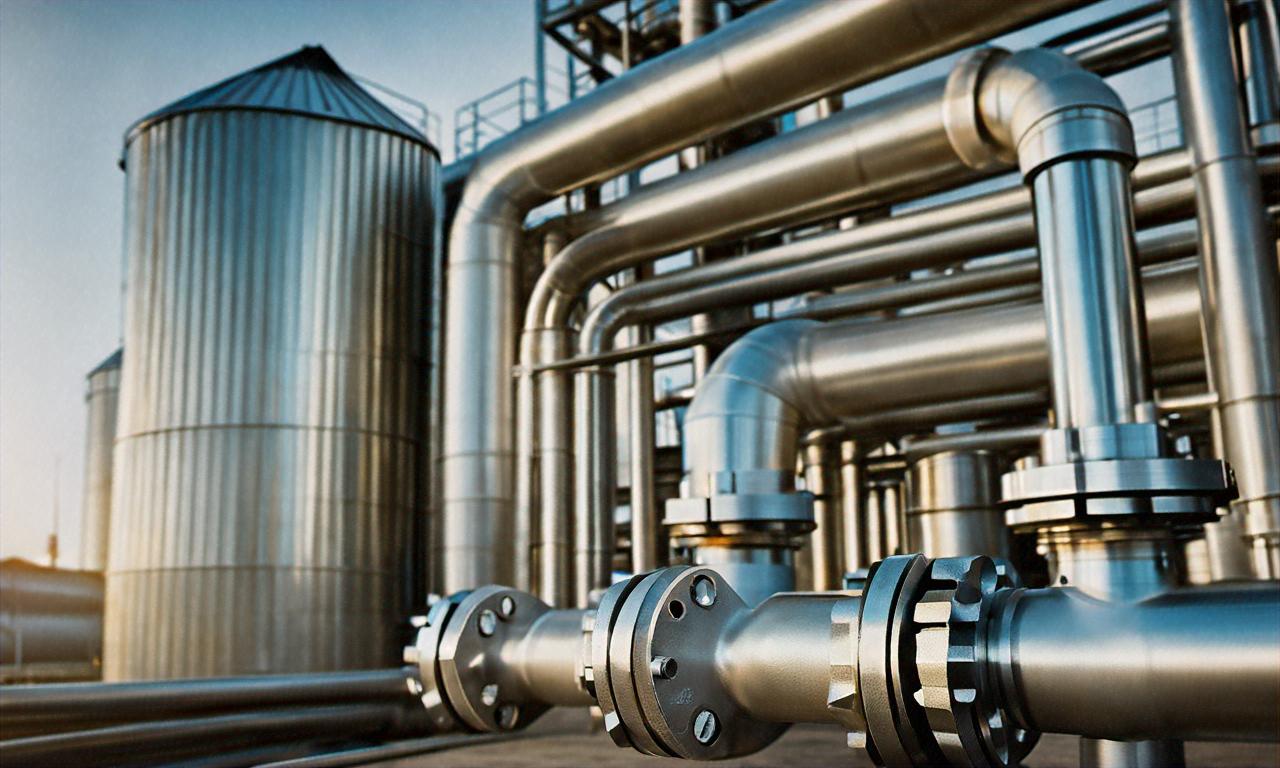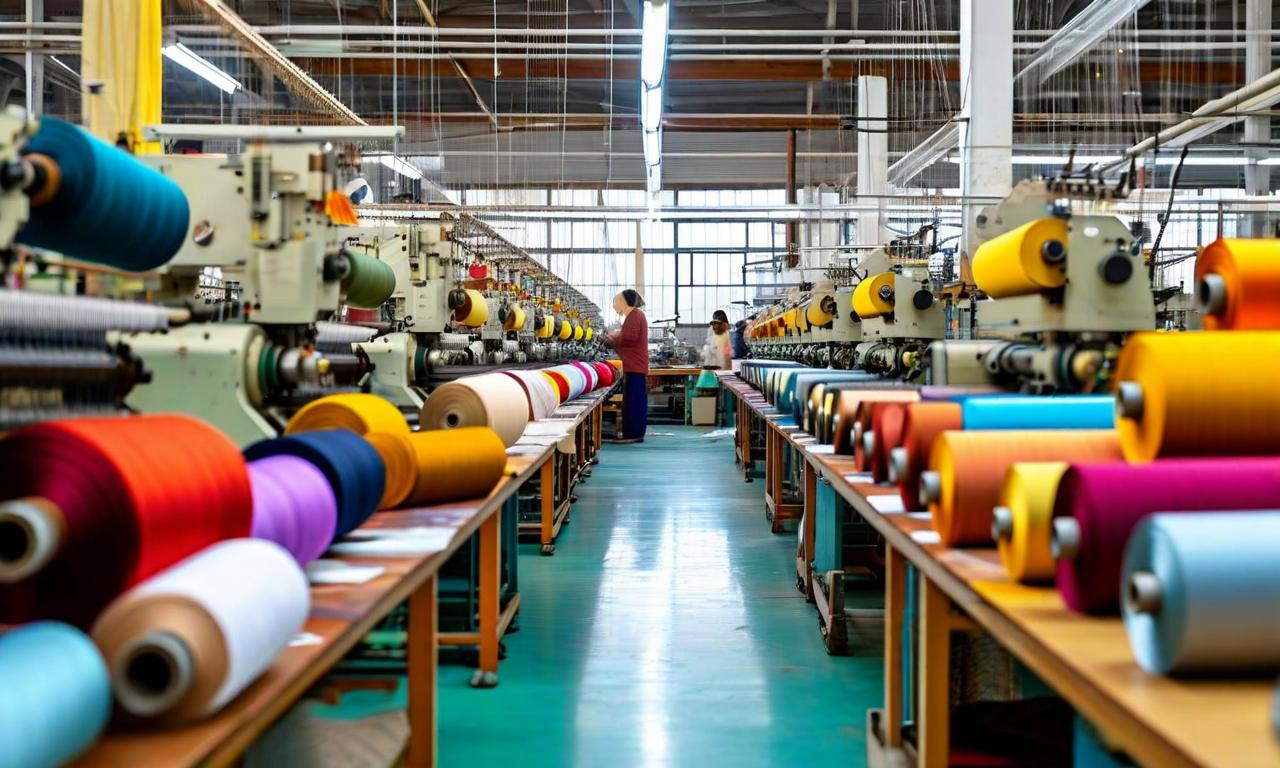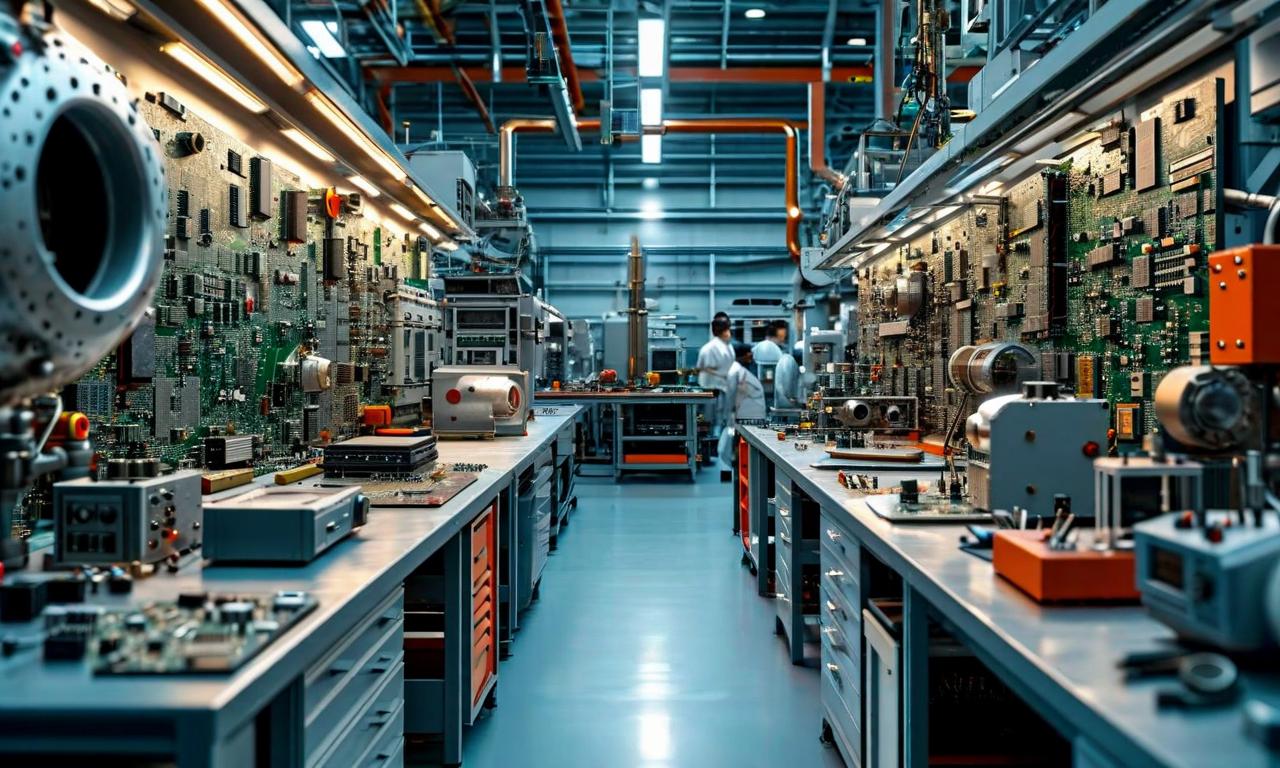DEE Development Engineers Faces Revenue Setback as PSERC Slashes Tariffs for Abohar Biomass Plant
DEE Development Engineers Limited is facing financial challenges due to a tariff reduction by the Punjab State Electricity Regulatory Commission for its 8 MW biomass power plant in Abohar. The new tariff structure, effective from January 1, 2024, to February 4, 2029, is expected to reduce annual revenue by ₹8.20 crore. Additionally, the company may face a retrospective recovery demand of ₹13.02 crore. DEE considers the order legally untenable and plans to appeal. The company emphasizes the socio-economic and environmental benefits of its biomass plants, including rural employment and emission reduction.
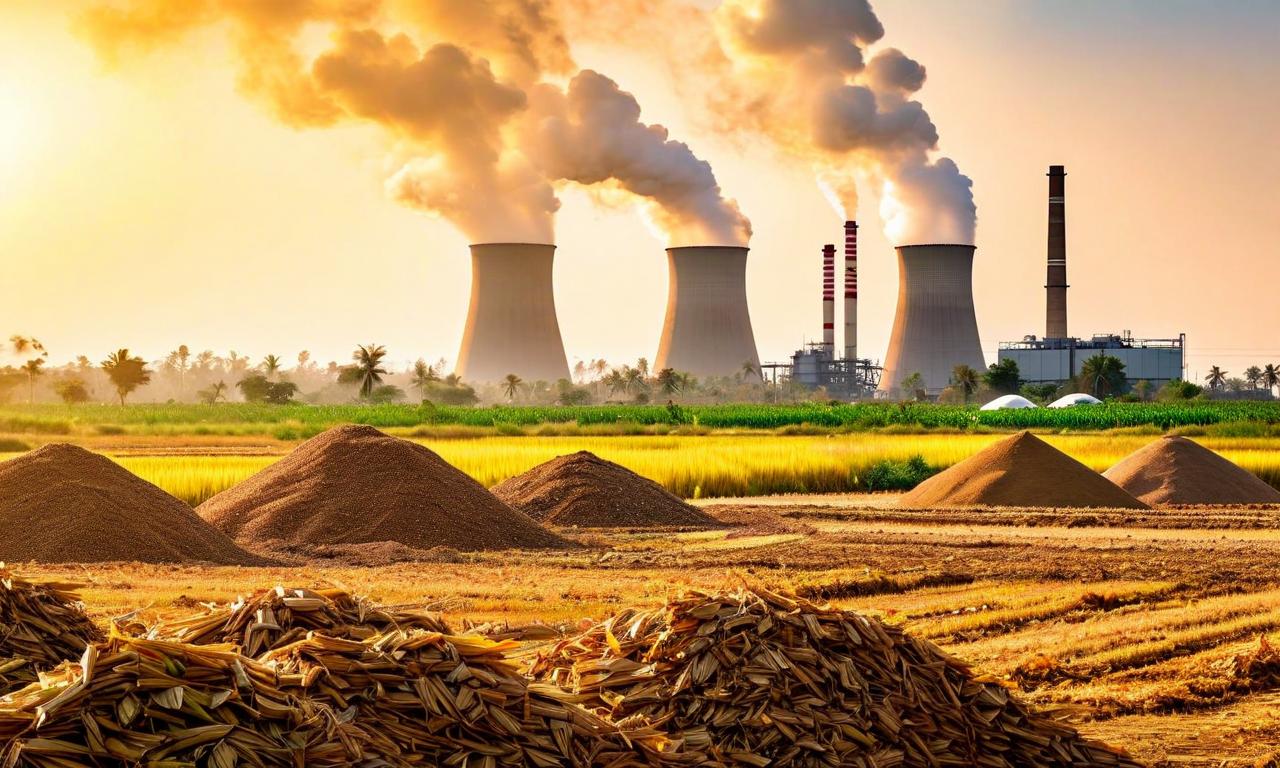
*this image is generated using AI for illustrative purposes only.
DEE Development Engineers Limited (DEE) is grappling with a significant financial challenge following a recent order by the Punjab State Electricity Regulatory Commission (PSERC). The regulatory body has reduced tariffs for the company's 8 MW biomass power plant located in Abohar, Punjab, a decision that is expected to have a substantial impact on the company's revenue stream.
Tariff Reduction Details
The PSERC, in its order dated August 20, 2025, has approved a re-determined tariff structure for DEE's biomass-based power plant. This decision comes in response to a review petition filed by the company against an earlier order from May 15, 2025. The new tariff structure, which is applicable from January 1, 2024, to February 4, 2029, represents a significant reduction from the previous rates.
Financial Impact
The tariff reduction is projected to have two major financial implications for DEE Development Engineers:
Annual Revenue Decline: The company estimates an annual revenue reduction of approximately ₹8.20 crore under the revised rate structure.
Retrospective Recovery: Punjab State Power Corporation Limited (PSPCL) may raise a retrospective recovery demand of ₹13.02 crore, based on the differential rates for electricity supplied between January 1, 2024, and April 30, 2025.
New Tariff Structure
The PSERC order outlines a revised tariff structure for the coming years:
| Component | Previous Tariff (Up to December 2023) Per KWH | New Tariff (2023–24) Per KWH | New Tariff (2024–25) Per KWH | New Tariff (2025–26) Per KWH |
|---|---|---|---|---|
| Fixed Cost | ₹1.74 | ₹1.74 | ₹1.74 | ₹1.74 |
| Variable Cost | ₹5.89 | ₹3.90 | ₹4.09 | ₹4.30 |
| Applicable Tariff Rate | ₹7.63 | ₹5.64 | ₹5.83 | ₹6.04 |
| Less: Acc. Depreciation | ₹0.16 | ₹0.16 | ₹0.16 | ₹0.16 |
| Net Tariff | ₹7.47 | ₹5.48 | ₹5.67 | ₹5.88 |
The order also stipulates that the variable cost will be escalated by 5% annually until February 4, 2029.
Company's Response
DEE Development Engineers has expressed deep disappointment with the PSERC's decision. Mr. KL Bansal, Chairman and Managing Director of DEE Development, stated that the company believes the order is "legally untenable, procedurally flawed, and fundamentally unjust." He emphasized that the decision fails to consider key operational realities and the broader socio-environmental impact of their projects.
The company argues that the Commission's cost benchmarking methodology, which is based on recently executed Power Purchase Agreements with co-generation entities, is not comparable to DEE's standalone biomass-based plants. These plants rely exclusively on externally procured agricultural residue, primarily paddy straw, which involves different operational costs.
Strategic Response
In light of these developments, DEE Development Engineers is planning to take the following actions:
Legal Recourse: The company is considering filing an appeal before the Appellate Authority to challenge the review petition order on tariff revision and the retrospective recovery demands.
Board Meeting: A meeting of the Board of Directors will be convened to deliberate on future strategies to mitigate risks and ensure long-term sustainability of the company's renewable energy portfolio.
Broader Impact
DEE Development Engineers has highlighted the socio-economic and environmental value created by their biomass plants, including employment for over 5,000 rural families, prevention of stubble burning on 45,000+ acres annually, and mitigation of over 125,000 MT of CO₂ emissions.
As the company navigates this challenging regulatory landscape, the outcome of their appeal and strategic decisions will be closely watched by stakeholders in the renewable energy sector and the wider business community.
Historical Stock Returns for DEE Development Engineers
| 1 Day | 5 Days | 1 Month | 6 Months | 1 Year | 5 Years |
|---|---|---|---|---|---|
| +11.28% | +24.81% | +34.95% | -9.83% | +38.77% | -23.50% |


